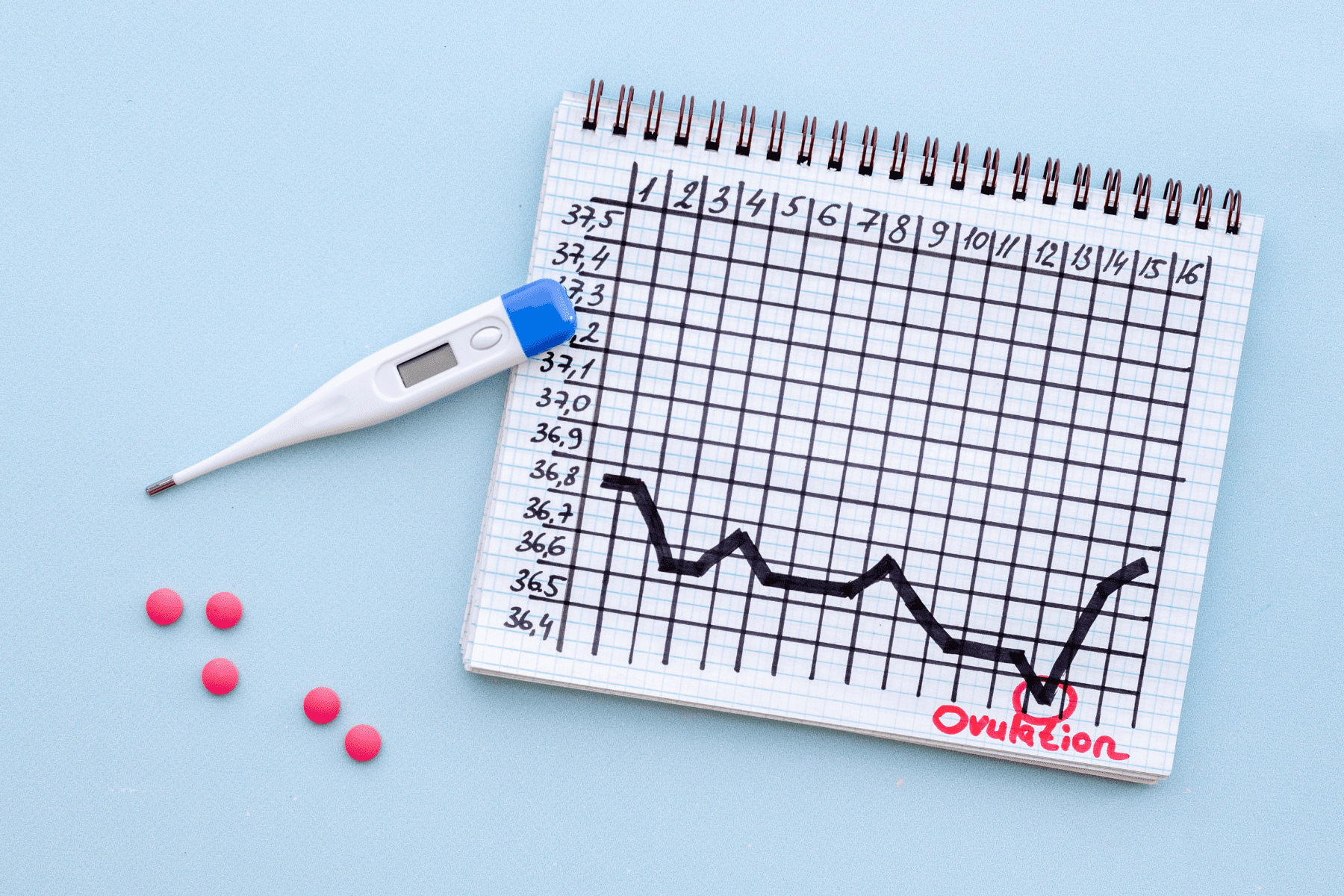As Illinois residents continue the countdown to cannabis legalization on January 1st, 2020, it is important to understand how cannabis consumption can impact men and women trying to conceive.
A national survey featured in a New York Times article found that the average age of a cannabis user is 31 and over the past year, the number of female cannabis users grew 92%. The survey was created based on data from 450,000 buyers and 4,000 survey respondents.
While the national age of first-time mothers continues to increase, it’s safe to say that many women (and men) will be curious about trying cannabis during the time they are planning a family.
New but limited medical research provides insight on the impact of cannabis on fertility for both genders. Thus far, research has found a distinct parallel between cannabis use and male fertility, while findings for female fertility and pregnancy are more uncertain. Because male fertility can be monitored through semen analysis, it has been easier to uncover a direct impact. For women, assessing fertility potential is more complex in terms of measurement.
In regards to sperm count and function, a recent systematic review published in the Journal of Urology highlights cannabis use as causing a lower sperm count in men. Another study found that regular male cannabis users saw a 29% drop in sperm count. Evidence also shows that sperm morphology (movement) is decreased at the time of completing a semen analysis in male cannabis users.
Animal studies have shown more dramatic cannabis impacts, which have led to testicular atrophy. Those findings have not been seen in human studies. Yet, for reproductive-aged men attempting pregnancy, it is important to be mindful of the potential negative effects of cannabis on the ability to conceive. The positive news is that for men who are habitual cannabis users, abstaining from cannabis for three months is usually enough to reverse the negative effects on sperm health.
In terms of female fertility, new research from the Canadian Medical Association Journal found that cannabis can delay ovulation by a few days. This occurs because excessive cannabis consumption can decrease estrogen production, which is required for ovulation to occur. If ovulation is disrupted, conceiving will be considerably more difficult.
Based on this evidence, for couples with existing fertility issues around sperm and ovulation, it may be best to abstain from cannabis.
For expecting women, additional research also shows benefits in abstaining from cannabis. A population-based study from the Canadian Journal of Public Health found that promoting cannabis cessation in pregnancy could lead to improved perinatal and later childhood outcomes. The American College of Obstetricians and Gynecologists also advises women abstain from cannabis when trying to conceive and during pregnancy due to concerns of impaired neurodevelopment, as well as maternal and fetal exposure to the negative effects of smoking. They also state there is insufficient data on the effects of marijuana use on infants during lactation and breastfeeding, and in the absence of this data, marijuana use is discouraged. If you’d like to learn more, a Healthline article with Dr. Hirshfeld-Cytron discusses why the FDA recommends pregnant and breastfeeding women stay away from THC and CBD.
The final verdict? Trying it once likely won’t have an impact, but it’s best for both partners to abstain when trying to conceive. For any women who are pregnant and/or breastfeeding, it would be best to stay away from cannabis altogether.







